Reviewed by: Y. Garcia
When Apple CEO Tim Cook walked into the White House on November 18th, he wasn't just attending another diplomatic dinner—he was stepping into one of the most controversial tech gatherings in recent memory.
The evening brought together nearly 50 American CEOs and executives from different industries to dine with President Trump and Saudi Crown Prince Mohammed bin Salman, marking the prince's first White House visit since the killing of journalist Jamal Khashoggi in 2018.
The guest list read like a who's who of Silicon Valley, including Tesla CEO Elon Musk, AMD CEO Lisa Su, and Salesforce CEO Marc Benioff, all gathered for an event that would blur the lines between technology, diplomacy, and controversy.
Why tech leaders showed up for such a controversial dinner
The presence of major tech CEOs at this dinner wasn't coincidental—it reflected a calculated pivot in how Silicon Valley navigates high-stakes international partnerships. While this marked the Crown Prince's first official White House visit since Khashoggi's killing and dismemberment at the Saudi consulate in Istanbul, tech leaders were drawn by an unprecedented economic opportunity.
Here's the bottom line: Prince Mohammad told Trump that his country would increase its financial commitments to the U.S. from $600 billion to $1 trillion. That's not just diplomatic theater—it represents the kind of economic scale that fundamentally reshapes how tech companies approach international partnerships.
When you're looking at nearly a trillion dollars in potential investment flowing into sectors like artificial intelligence, cloud infrastructure, and advanced manufacturing, it becomes strategically difficult for major tech companies to ignore.
The evening's guest list revealed Saudi Arabia's specific technological priorities. OpenAI's President, Greg Brockman, was among the attendees, highlighting the kingdom's aggressive push into AI development as part of its Vision 2030 economic diversification plan.
This connects to a broader strategic shift, as the delegation of U.S. tech CEOs that joined President Donald Trump in Saudi Arabia underscores a turnaround in Washington's stance on supplying artificial intelligence technology to the Middle East.
For tech leaders like Cook, this dinner represented a chance to position their companies at the forefront of what could be one of the largest technology investment cycles in recent history. The question wasn't whether to engage—it was how to navigate the complex ethical and strategic considerations that come with such opportunities.
The elephant in the room: Khashoggi's shadow over Silicon Valley
While tech executives mingled in the East Room, the specter of Jamal Khashoggi's murder created an undeniable tension throughout the proceedings. U.S. intelligence agencies indicated that Prince Mohammad likely approved Khashoggi's killing, making every handshake and photo opportunity a calculated risk for the attending CEOs.
During the Oval Office meeting, Prince Mohammad, nicknamed MBS, faced questions from reporters about Khashoggi's slaying. His response followed the predictable script—Prince Mohammad denied involvement in Khashoggi's killing and stated that Saudi Arabia had taken investigative action.
Meanwhile, Trump took a characteristically controversial stance, as he called Khashoggi "extremely controversial" and said "a lot of people didn't like that gentleman that you're talking about".
What's particularly striking is how this dinner illuminates the complex moral calculus that has become standard operating procedure for global tech companies. Cook and his peers weren't naive about the optics—they were making strategic decisions about where their fiduciary duty to shareholders intersects with their companies' stated values around human rights and press freedom.
This tension reflects a broader challenge facing Silicon Valley: as tech companies become increasingly central to global economic and political power structures, their leaders find themselves navigating situations where traditional corporate social responsibility frameworks offer little guidance. The trillion-dollar opportunity comes with a trillion-dollar ethical question mark.
What this means for Apple and the broader tech ecosystem
Cook's attendance at this dinner reveals how fundamentally the relationship between technology and diplomacy has evolved. This wasn't just about Apple seeking new markets—it was about positioning the company within an emerging framework where tech partnerships have become instruments of international relations.
The strategic implications extend beyond simple market access. Saudi Arabia's Vision 2030 plan specifically targets technology adoption and digital transformation as core pillars of economic diversification away from oil dependence. For Apple, this could mean opportunities in everything from consumer electronics to enterprise solutions for the kingdom's ambitious smart city projects.
But here's where it gets particularly interesting from a competitive standpoint: the dinner's diverse representation suggests that Saudi investment will span multiple technology sectors simultaneously. The Coinbase CEO and other cryptocurrency leaders were present alongside Jensen Huang, as seen in one of David Sacks' photos from the evening. This suggests a coordinated approach to building comprehensive technology infrastructure rather than piecemeal partnerships.
The dinner also highlighted how tech leadership has become intertwined with government policy formation. David Sacks posted a selfie from the dinner on X and said, "Great night!" while serving as chair of the President's Council of Advisors on Science and Technology. This dual role illustrates how the lines between private sector interests and national technology policy have become increasingly blurred.
For Apple specifically, this represents both unprecedented opportunity and significant brand risk. The company has built much of its premium positioning around values like privacy, human rights, and social responsibility. Pursuing partnerships with authoritarian regimes—regardless of the economic scale—requires careful navigation of these brand considerations alongside shareholder expectations.
The bigger picture: Where tech diplomacy goes from here
This White House dinner represents more than a controversial evening—it's a preview of how technology companies will increasingly find themselves at the center of complex geopolitical calculations. The strategic challenge for tech leaders is that diplomatic relationships don't follow the clean logic of business partnerships.
Consider the broader regional dynamics: while Saudi Arabia will not join the Abraham Accords without a commitment from Israel to a two-state solution, the kingdom continues pursuing ambitious technology partnerships with American companies.
Saudi officials are not in a position to sign an agreement that does not include meaningful progress on the Arab-Israeli conflict, yet they're actively courting the very tech investments that could accelerate their economic transformation goals.
This creates a complex strategic environment where tech companies must develop new frameworks for evaluating partnerships. Traditional risk assessment models, which focus on market size and regulatory stability, don't adequately account for the reputational and operational risks that come with operating in politically volatile regions.
The dinner also revealed that Saudi leadership has traditionally preferred a Republican administration to a Democratic one, creating additional strategic considerations for tech companies regarding the timing and structure of international partnerships in light of the U.S. political climate.
Looking ahead, we can expect to see more of these high-stakes diplomatic moments as technology becomes increasingly central to national competitiveness and international relations. The trillion-dollar Saudi commitment isn't just about money—it's recognition that controlling technology infrastructure has become as strategically important as controlling energy resources or military capabilities.
For Cook and other tech leaders, this dinner marked a pivotal moment where business strategy, human rights concerns, and international diplomacy converged in unprecedented ways. As the tech industry becomes increasingly central to global politics, these leaders will face more such moments—where the choices they make about which tables to sit at will define not just their companies' futures, but the role of technology in shaping international power structures.
The question isn't whether tech companies can remain politically neutral—that era is definitively over. The question is whether they can develop the diplomatic sophistication to navigate these complex relationships while maintaining their core brand values and stakeholder trust.





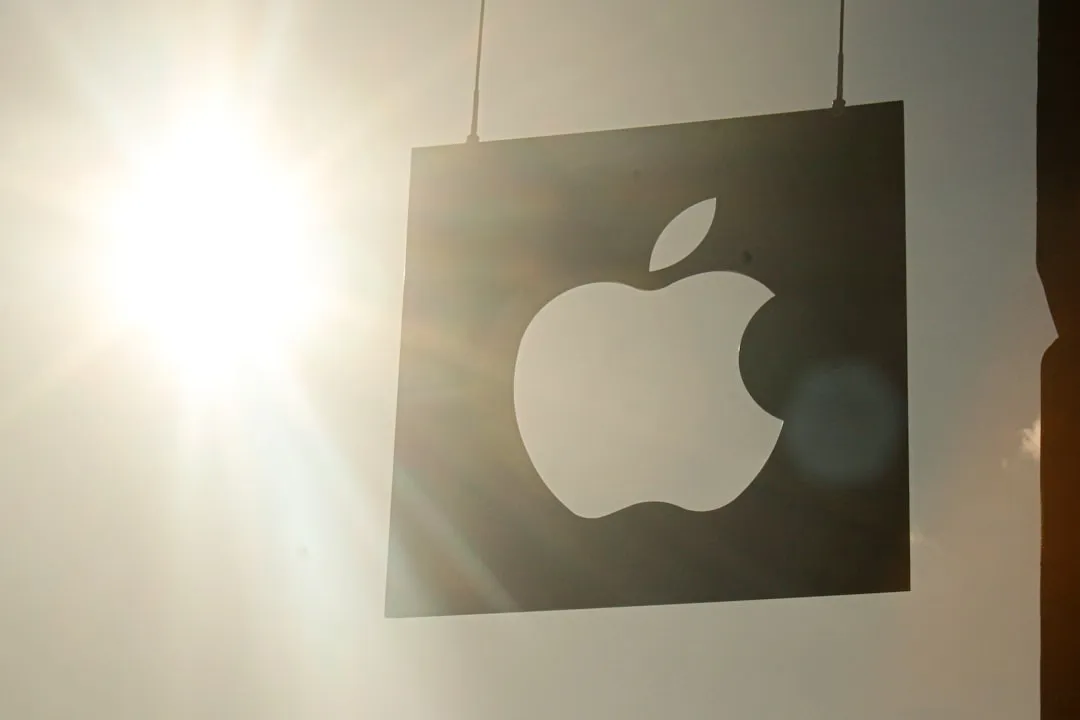



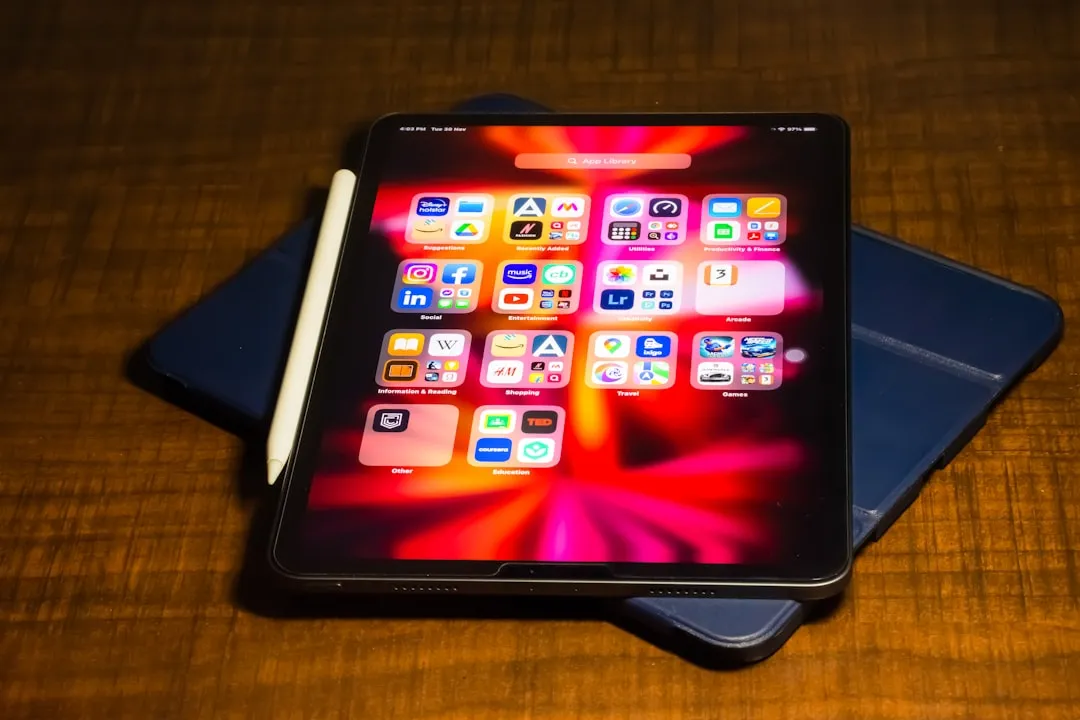

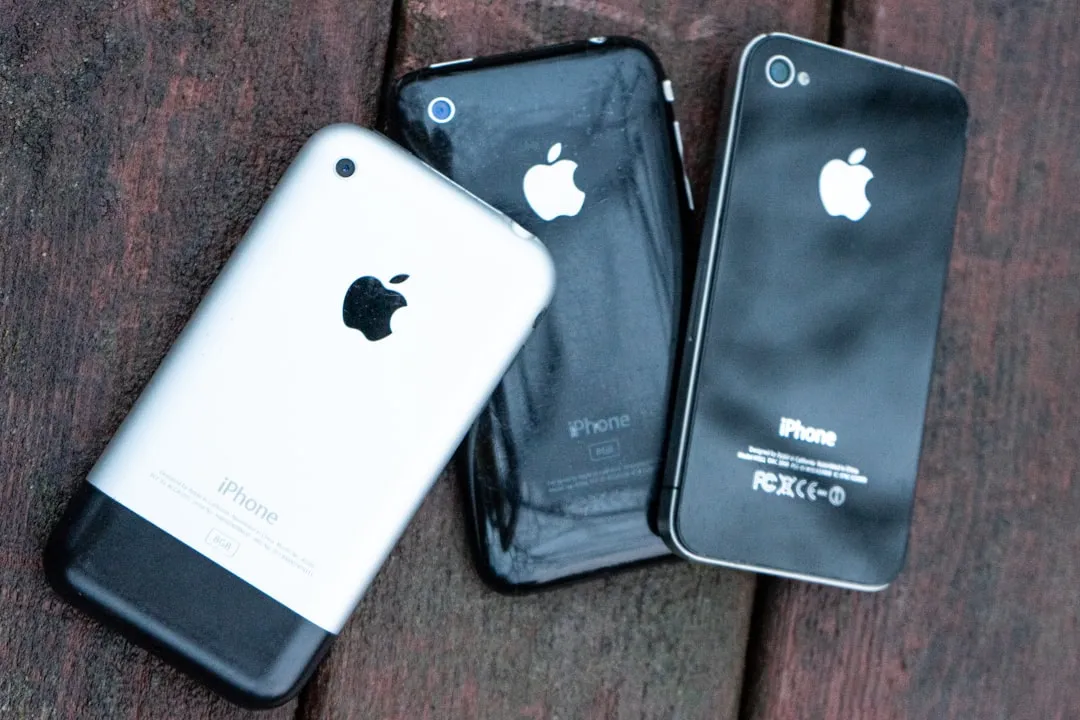

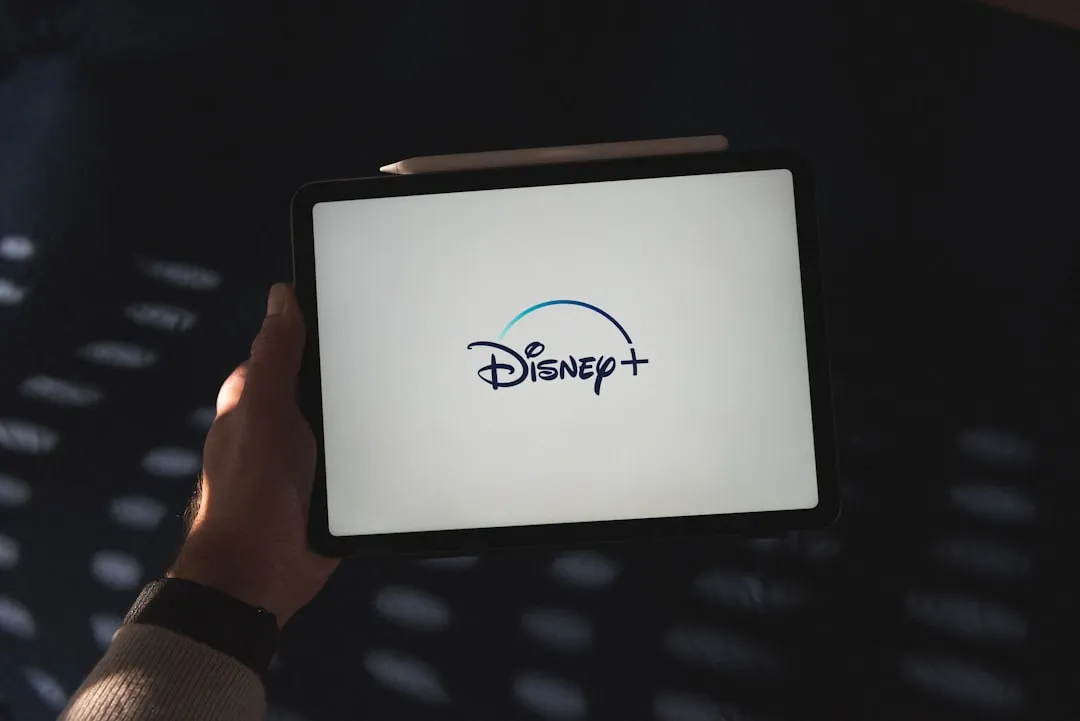
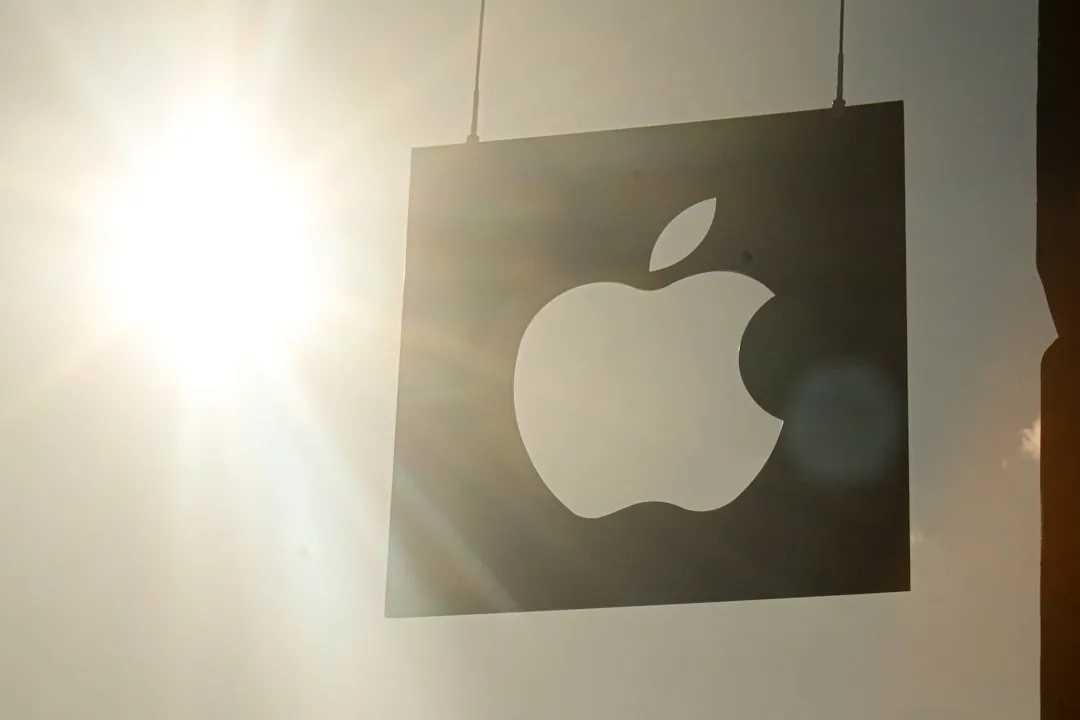
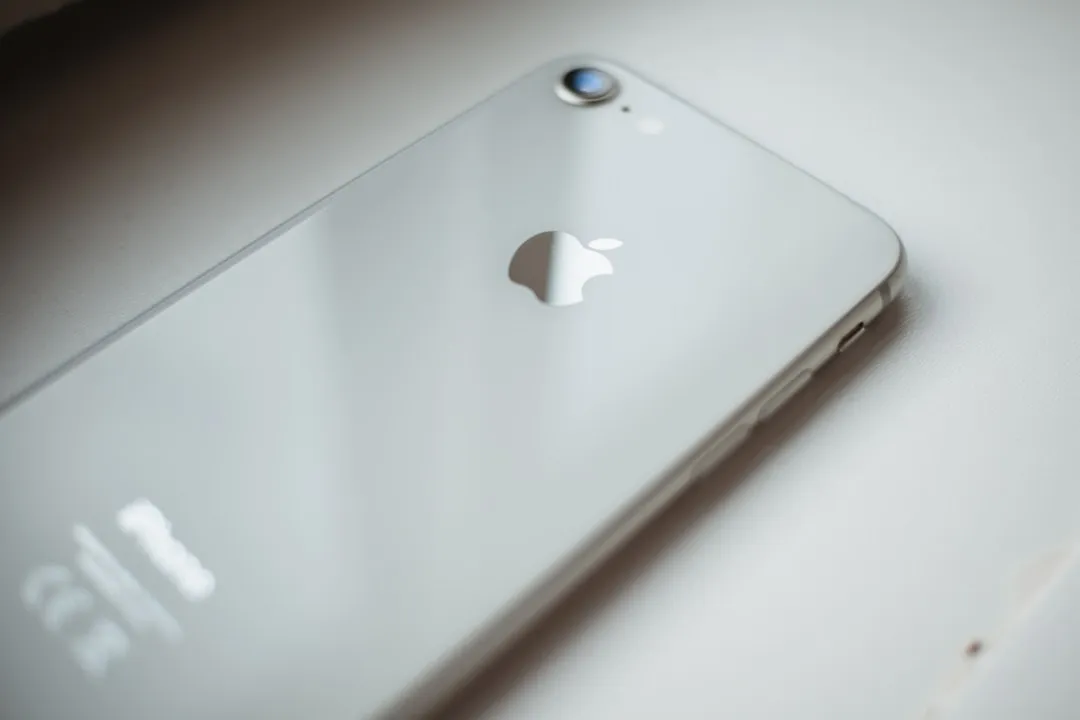
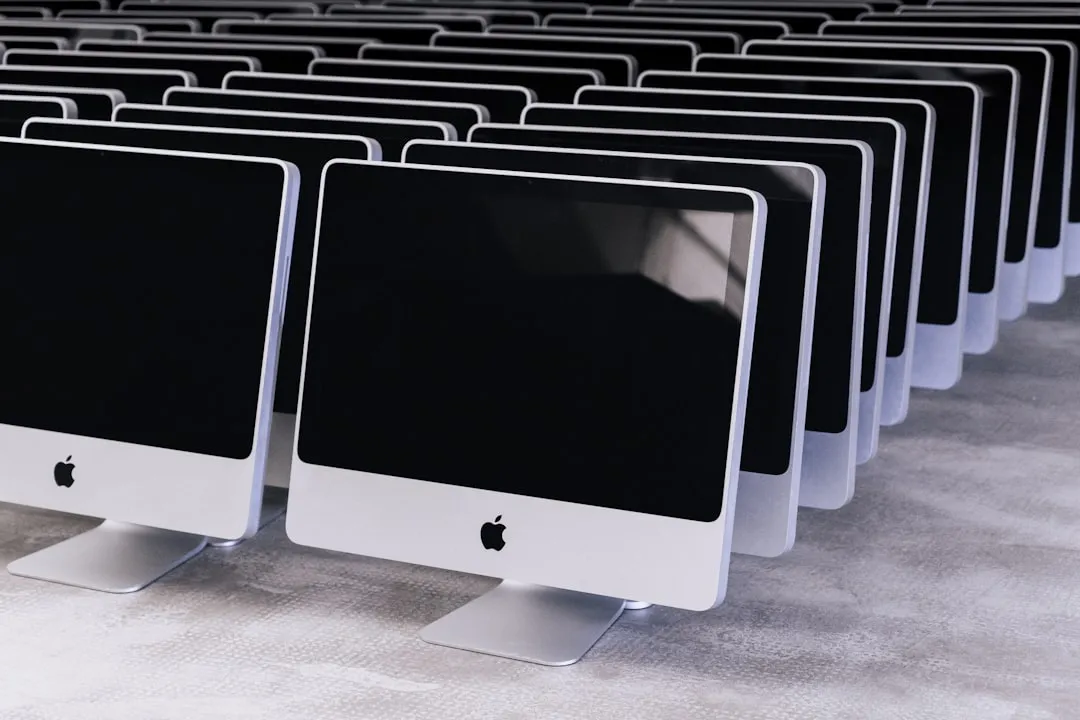

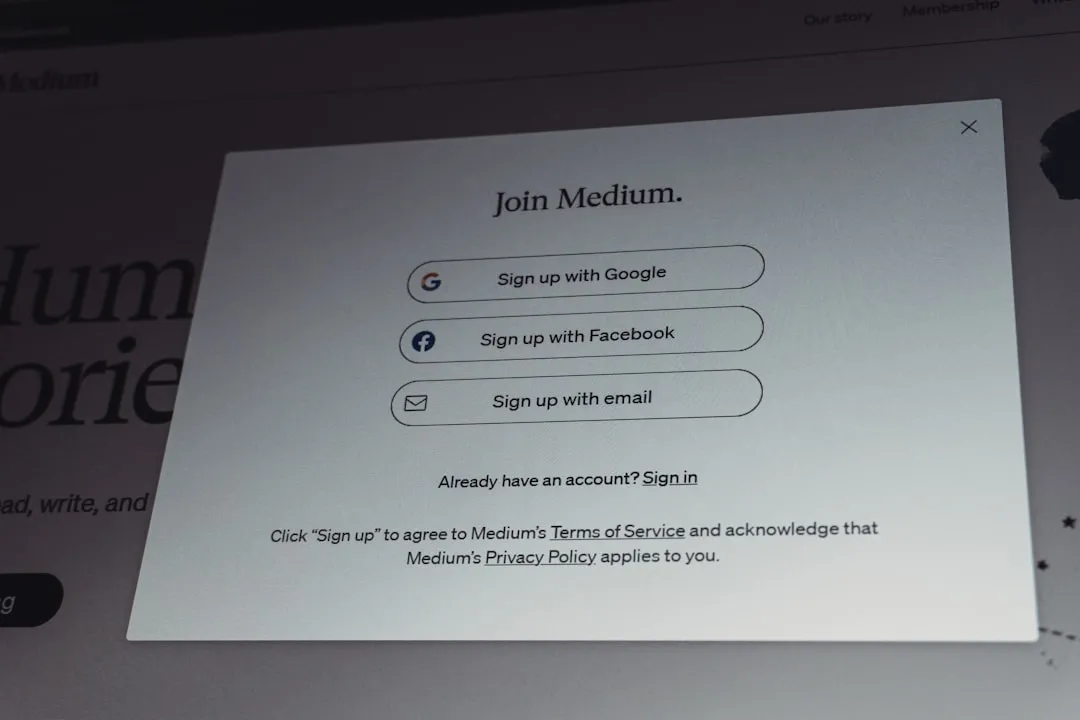
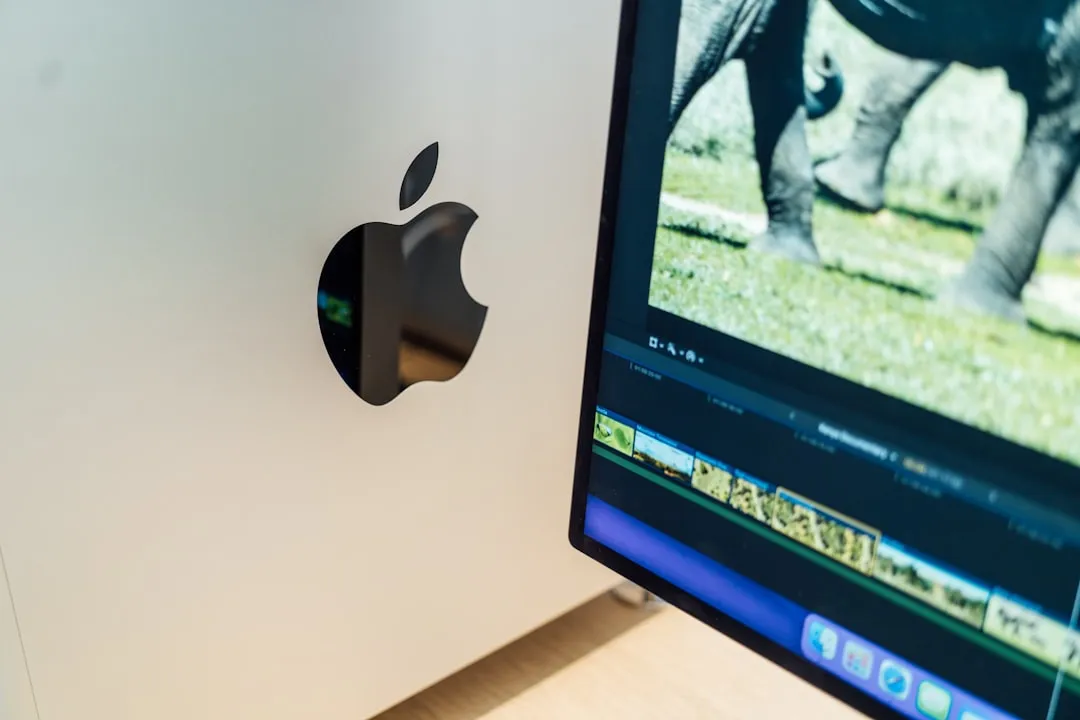


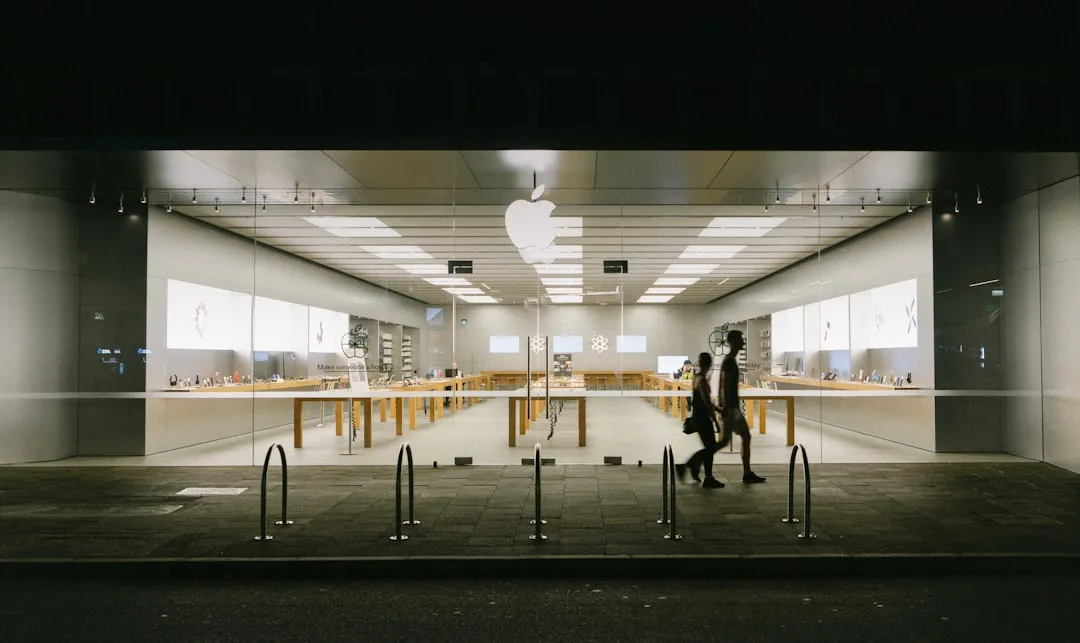
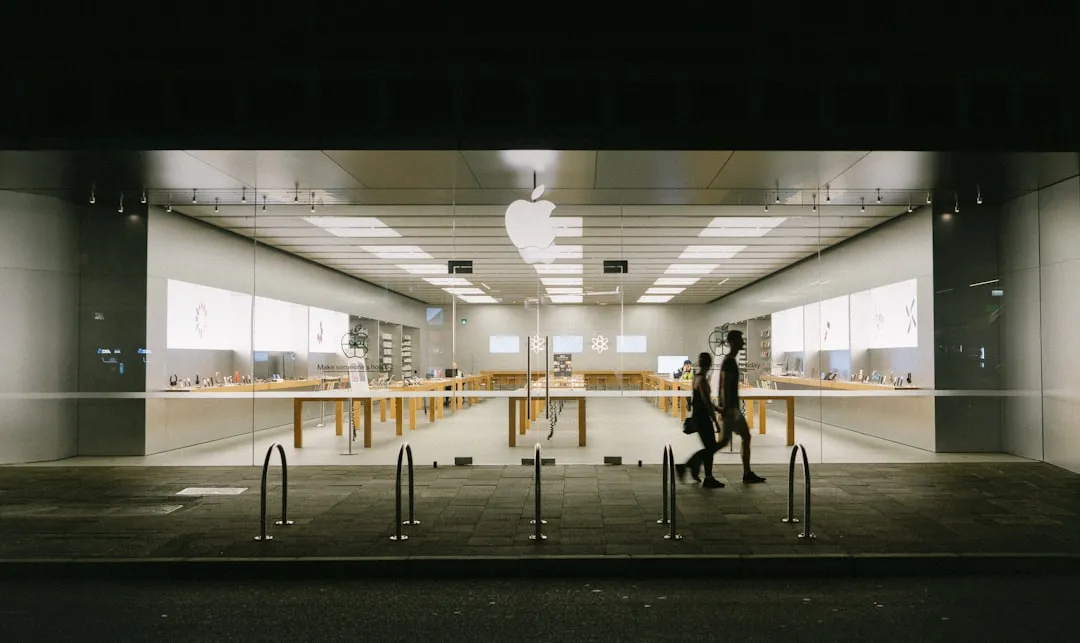

Comments
Be the first, drop a comment!